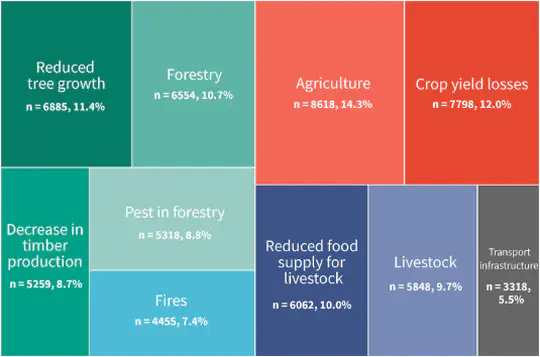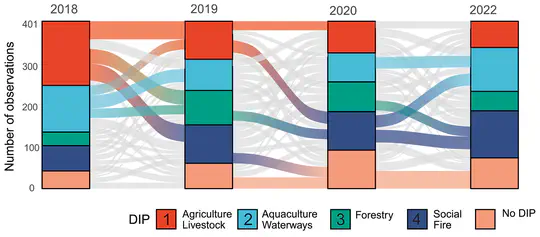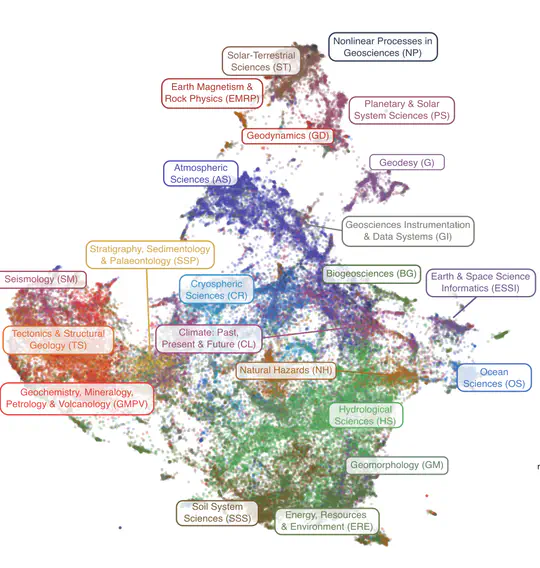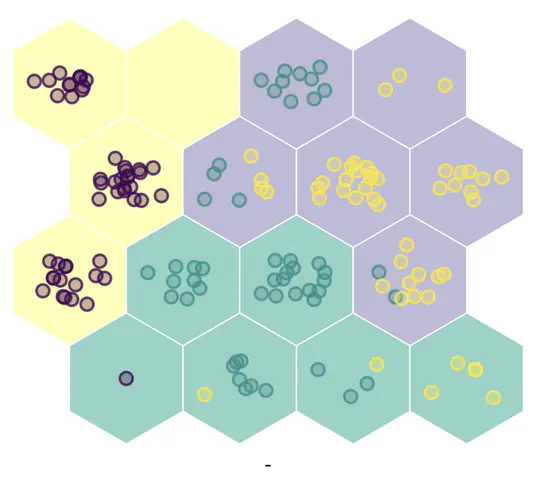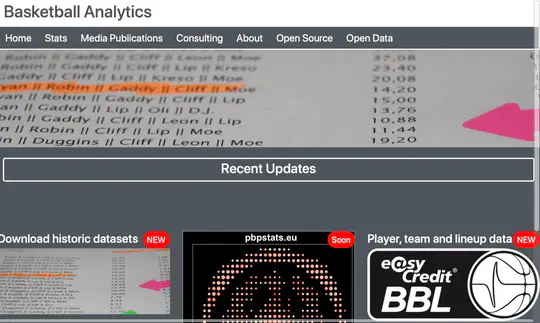Hi there!
I’m a scientist at the Helmholtz Centre for Environmental Research, a trained computational social scientist, studying the impacts of climatic extreme events using text-as-data . In my Ph.D. I focused on assessing, modeling, and understanding the impacts of natural hazards (droughts) on social-ecological systems. I apply text mining, machine learning and natural language processing, and participatory modeling. Next to my academic work, I’m deeply interested in sports analytics by the means of large-scale data analysis and the integration of computational tools into journalism.
You can contact me via jansodoge(at)protonmail.de
- Natural language processing
- Natural hazards and disasters
- Machine learning
- Big data approaches for handling text data
- Participatory modeling
-
PhD in Geography - Environmental Risk Research, 2021 - 2024
Helmholtz-Centre for Environmental Research, Germany
-
MSc in Computational Social Science, 2021
Linköping University, Sweden
-
BSc in Environmental System Science & Geography, 2019
University of Osnabrück, Germany
Portfolio
Research and non-research projects
